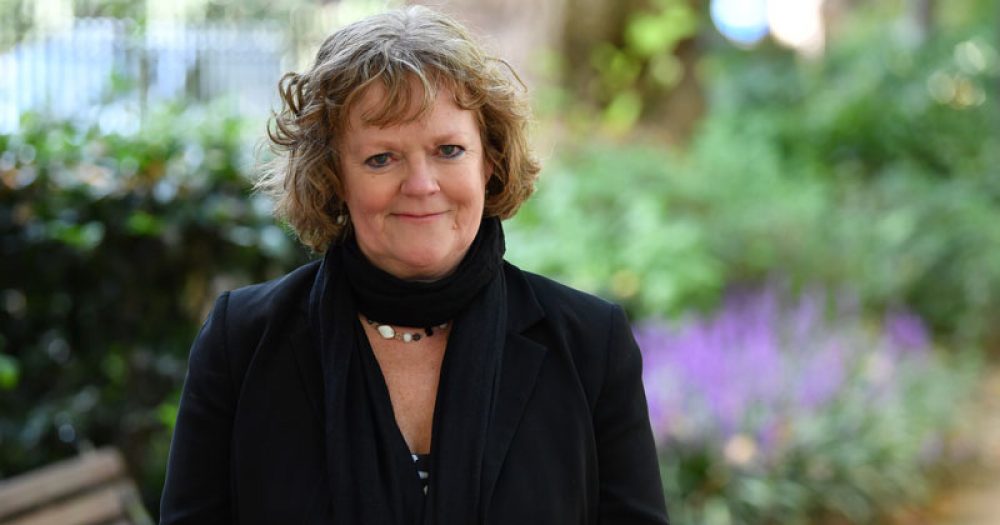A new advisory group formed to review the content of initial teacher training will focus on the time trainees spend in school.
Professor Sam Twiselton, director of the Institute of Education at Sheffield Hallam University, told Schools Week the review would seek to persuade all schools of “the benefit to them, but also their obligation to the system of getting involved in initial teacher education”.
The group would produce “detailed, more precise guidance” about how schools should support trainees on placement, considered by the panel to be “the most powerful bit” of initial teacher training. This would cover mentoring and other support offered by schools.
Twiselton was appointed this week to lead a team of seven academics, sector representatives and policy experts to recommend how initial teacher training (ITT) could align with the government’s plans for a new two-year early career framework for newly and recently qualified teachers (NQTs/RQTs).
Plans for a review of ITT were announced in January as part of the government’s teacher recruitment and retention strategy. Twiselton said this week that she hoped new guidance would be available early next year – a timescale she admitted was “challenging”.
“I think we’re looking for something that’s a little more detailed, but will include the specificity of suggestions for what happens in schools,” Twiselton told Schools Week. “It will just be suggestions. There’s nothing statutory about this. It’s there to be helpful.
“The standards that govern ITT will remain the same, it’s just about how we can develop detailed guidance beyond that in the light of the early career framework so that the two will join up.”
The guidance would include advice on “mentoring and school-based training, observations and things like that”, areas in which schools could make “the most difference in terms of improving things”, Twiselton said.
“It’s not just a curriculum for what’s going to be covered in lectures and seminar rooms.”
The formation of the advisory group – the sixth assembled by the Department for Education since Damian Hinds became education secretary last January – comes four years after Sir Andrew Carter’s review of ITT published its findings.
Twiselton, who also advised Carter, said one of the issues identified at the time was patchy access to support for new teachers and a lack of time overall for initial teacher education (ITE).
“Some trusts and teaching school alliances had managed to create a kind of seamless join between ITE and NQT/RQT support.
“But it could only happen where trusts had been able to work collaboratively, and that sort of shone a light on the fact that it wasn’t guaranteed and wasn’t systematically available everywhere. Some NQTs and RQTs were losing out.”
Twiselton said discussions in the first meeting also focused on how to get all schools “to realise the benefit to them, but also their obligation to the system of getting involved in ITE”, but admitted the system had “missed the boat” to use Ofsted to encourage more schools to take part.
“The most beneficial thing would have been if it was impossible for a school to get an outstanding grade without being involved in initial teacher education,” she said.
“I’m sure they’ve got good reasons why [Ofsted] didn’t want to do that, but that would’ve been really helpful.”
Twiselton also defended the make-up of the group, which includes representatives of the main routes into teaching, but not serving school leaders or teachers.
“What you have got is people who are experts in ITE and early career support. But we definitely do need to talk to lots of school leaders and lots of teachers. That process has unofficially started already and will be ramping up.”



Can a review of ITET be independent and its recommendations trusted when the reviewers have a vested interest in one particular way of preparing new teachers?